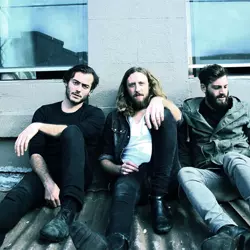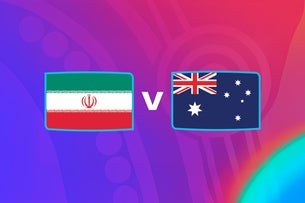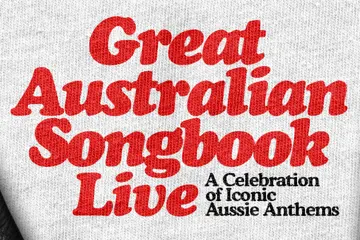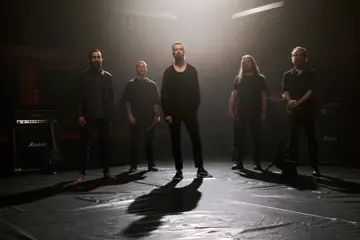 Australia
AustraliaWeeks after it was reported that the National Disability Insurance Scheme (NDIS) would slash music and art therapy, it’s been revealed that the government agency has paused those plans due to backlash.
With Minister for the NDIS, Bill Shorten, announcing that the cuts would be paused, the Sydney Morning Herald reports that the NDIS will “reassess pricing and re-evaluate the evidence behind creative therapies”.
Concerned parents and providers campaigned to convince the NDIS to pause the changes. Health economist Stephen Duckett is set to review pricing and evidence behind art and music therapies, which the Sydney Morning Herald reports could allow for more significant funding to be reinstated.
According to Australia’s therapist associations, approximately 8,000 NDIS participants utilise music therapy, and an estimated 10,000 use art therapy.
While there were initial fears that funding for music therapy would be removed altogether, the NDIS released a statement in late November, stating that it would significantly change its funding.
Don't miss a beat with our FREE daily newsletter
The NDIS planned to launch a new Operational Guideline for therapy support. One of those guidelines included moving music and art therapy from therapeutic support to the Core support category.
According to Active Ability, the change would have reduced the service cost from $193.99 per hour to $67.56 per hour, except when conducted as a group of four participants, in which case the rate of $193.99 would have remained.
The NDIA (National Disability Insurance Agency) stated, “While art and music therapy remain permissible, they do not meet the evidentiary standards required to be classified as a ‘therapy’ under the definition of NDIS supports.”
The proposed changes drew concern and disappointment, not only from people with disabilities and disability advocates but also from music therapists, musicians, and the Australian music industry. Musicians Hatchie and Nat Bartsch and APRA AMCOS CEO Dean Ormston spoke out about the proposed changes.
Hatchie outlined just how life-changing music therapy can be. “Evidence shows that music therapy can drastically improve patients’ quality of life, whether it be physical movement, cognition and thinking, communication, social connection, mental health and wellbeing, behaviour, self-regulation, memory (which is an extremely important one), pain management, and so much more,” she said.
“Without NDIS funding, most participants will completely lose access to music and art therapy. This will absolutely devastate communities across the country and have a huge negative impact on the quality of life of people who rely on it, many of whom can struggle to adjust to sudden change.”
























